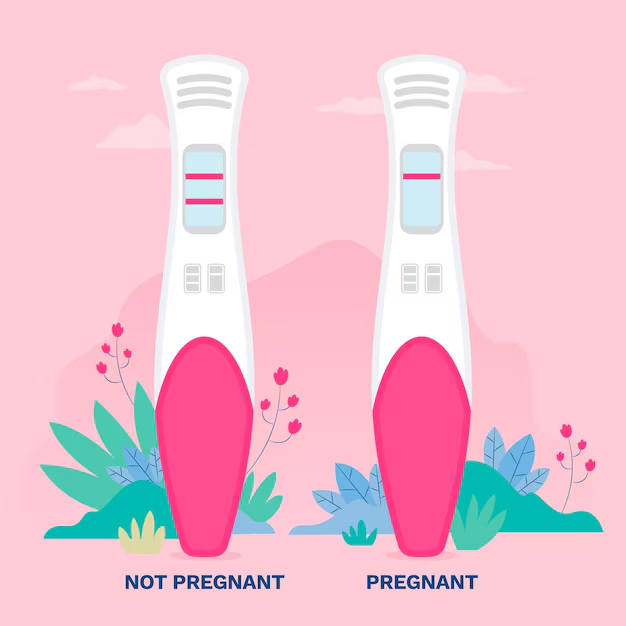Fertility and Conception: A Comprehensive Guide to Getting Pregnant

Conception is a personal and often complex journey, with different factors influencing fertility. While getting pregnant can take time, there are many ways to optimize your chances. This article provides an in-depth exploration of the essential steps to help you conceive, from understanding your body's natural cycles to making lifestyle changes that enhance fertility.
We will begin by examining the importance of understanding your menstrual cycle and how tracking ovulation can pinpoint your most fertile days. Understanding the physiological changes your body undergoes each month allows you to time intercourse for the highest probability of conception. We will also explore the various methods for ovulation tracking, such as Basal Body Temperature (BBT) charting, Ovulation Predictor Kits (OPKs), and monitoring cervical mucus, to help you identify the perfect time to try.
In addition to knowing when to try, nutrition and lifestyle choices play a crucial role in fertility. This article discusses fertility-boosting foods rich in key nutrients, like folic acid, omega-3 fatty acids, and antioxidants, which help regulate hormones, improve egg and sperm quality, and support reproductive health. We will also address the impact of stress and emotional well-being on fertility, explaining how cortisol, the stress hormone, can disrupt your cycle and fertility. Stress management techniques, like yoga, meditation, and mindfulness, are vital for optimizing your chances of conception.
Beyond dietary and lifestyle factors, maintaining a healthy weight and avoiding harmful substances, such as alcohol and smoking, are integral parts of your fertility journey. Whether you are overweight or underweight, these conditions can interfere with ovulation, hormonal balance, and sperm health, thus making conception more difficult.
This article also covers the importance of fertility testing and when to seek professional advice. If you’ve been trying to conceive for over a year without success (or six months for women over 35), seeking a medical evaluation may be the next step. We will dive into the different fertility tests available for both men and women, including blood tests, semen analysis, and ultrasound scans, and how they can help identify any underlying fertility issues. Knowing when to seek professional help and understanding the diagnostic process can reduce stress and increase your chances of a successful pregnancy.
Whether you’re just beginning your conception journey or have been trying for some time, this article offers a comprehensive guide to all aspects of fertility. From learning about your cycle to making informed decisions about nutrition, exercise, and emotional well-being, you will find valuable resources, practical advice, and expert insights to increase your chances of getting pregnant.
Sections Included:
1. Tracking Ovulation and Identifying the Fertile Window
-
- How to use ovulation predictor kits, monitor cervical mucus, and track BBT for better timing.
-
Fertility-Boosting Nutrition
- Essential nutrients and foods to optimize reproductive health, including vitamins and minerals that support both male and female fertility.
-
Managing Stress and Emotional Well-Being
- The impact of stress on fertility and how relaxation techniques like yoga and meditation can improve your chances of conception.
-
Lifestyle Changes for a Healthy Pregnancy
- The importance of maintaining a healthy weight, staying active, and avoiding harmful substances such as smoking and alcohol.
-
Fertility Testing and Seeking Medical Help
- When and how to seek professional fertility testing, including options for both men and women and what to expect from fertility tests.
Related Articles

Baby development at 29 weeks

Building a Routine That Respects Your Body

Baby development at 05 weeks

Baby development at 14 weeks

Baby development at 33 weeks

How to Talk to Your Doctor About Menstrual Issues

Baby development at 8 weeks

Understanding Pregnancy Tests: How They Work